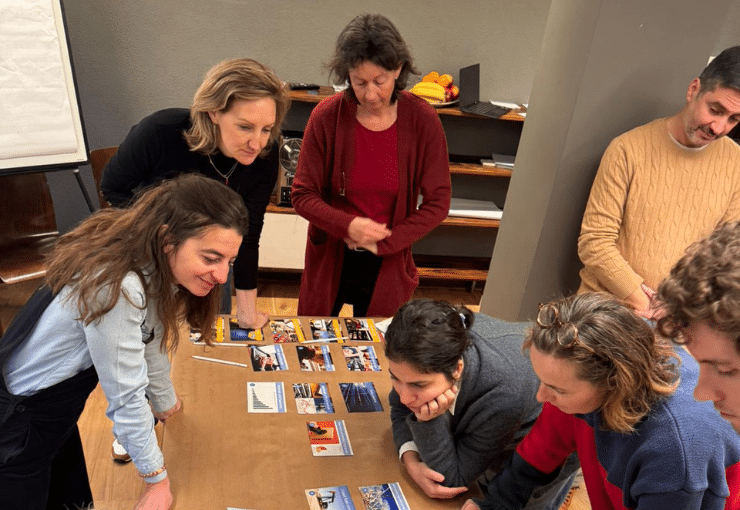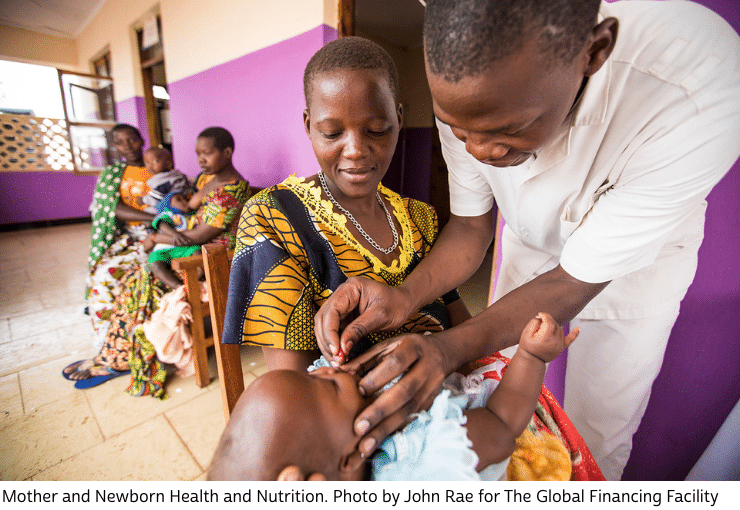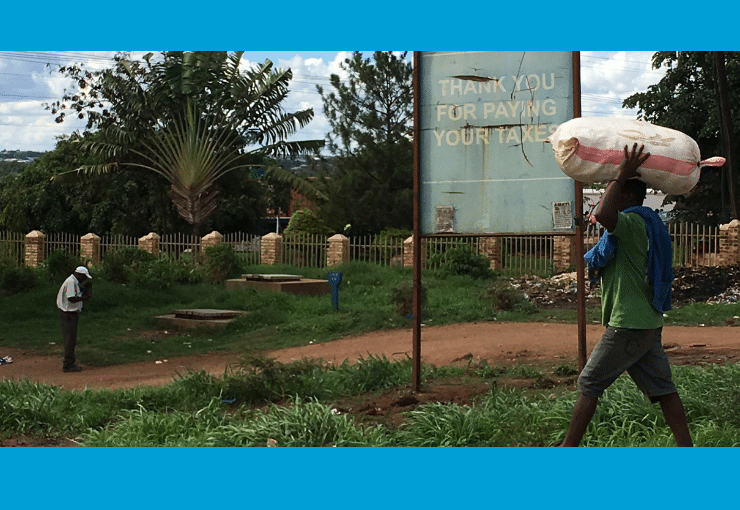Renée de Jong
The lack of health professionals worldwide is estimated around 18 million in 2030, especially in low- and middle-income countries. But still many African doctors in training doubt whether they will and can join the public health sector after graduating. Not surprising, because African doctors in training are strongly confronted with the existing problems in their health system.
At the World Healthcare Student Symposium, held in Africa (Rwanda) for the first time, I tried to get a better understanding of their perspective. I spoke with Marie-Claire Wangari from Kenya, a 6th year medical student and former head of the Medical students association of Kenya (MSAKE), part of the International Federation of Medical Students’ Associations (IFMSA), about these challenges in the African health systems. Together we discussed which problems young doctors face, and what should change.
Marie-Claire is about to graduate from medical school as a doctor, but she considers changing her career path. She explained that she started doubting during her community health clinical practice because of the working conditions: ‘There is no equipment, not enough staff and often salaries are not paid, but as a doctor you have big responsibilities: patients depend on you. You are right in the middle, dealing with patients, governments and malfunctioning health systems.’
These working conditions explain why simple procedures can go wrong or why doctors might choose to work elsewhere for a day to make money to support their own families. It is demotivating for the medical staff to work in such conditions while patients are suffering. As a result, students drop out of med school or choose another career path, while the lack of doctors and other medical staff remains alarming.
Health financing
Marie-Claire sees a lack of health financing and good leadership as the missing link in these malfunctioning health systems, and considers to study public health. She explains: ‘Health financing is crucial for change, but right now in Kenya too little funding is allocated to the health sector and inside the sector the funding is sometimes misappropriated.’
‘If at school doctors learn about health financing and the allocation of funds, they can speak up about it and will know what to do when they have to deal with management tasks. Right now, the appropriation of the fund is not done by the right people with the right knowledge.’
She explains that it is already hard to find a job in the public sector as doctor. Not because the sector does not need people, but because there is not enough funding available to hire them. Again, here another group of talented doctors might be lost into other professions while the need for doctors remains.
Need to learn advocacy
She believes that doctors might need more advocacy skills: ‘If you need to lobby for your salary you better learn it soon’. But she stresses the bigger picture, that advocacy is needed to improve the health system. She is very motivated: ‘I don’t want to sit around and see what we can do, we are agents to change our own to change our own system.’
Nevertheless, advocacy is not an easy job and she refers to the doctor’s strike in Kenya. Kenyan doctors were jailed during a strike for better working conditions. It meant that many public health clinics were closed, and some Kenyan citizens who could not pay for the more expensive private health clinics died during the strike because they could not access healthcare. It is a very thin line between holding governments accountable, speaking up for yourself and avoiding to make patients suffer.
She is happy to learn from Wemos, she wants to know how we lobby and advocate for better health and how she can influence politics. One example she likes, is how we got doctors, politicians, policy makers and civil society to discuss problems related to human resources for health in Africa at the Global Health Café. Likewise, Wemos appreciates these exchanges with people like Marie-Claire and those who attended the Global Health Café, as these opportunities for mutual learning strengthen our health advocacy.
Education lags behind
She also explains that the education system might have to change: ‘Right now, as students, we are not always taken serious and the university can be a slow bureaucracy which is not eager to change.’ The majority of the African healthcare students attending the symposium will graduate soon, but school lags behind: ‘At school we are still taught about the MDGs! Medicine should keep up and students should learn about the SDGs and international commitments to finance health care.’
Her frustration with the education system is one of the reasons why so many Kenyan students are attending the symposium. She encouraged them to come, to learn outside of the classroom. Probably a good call because the symposium appears to be the opposite of university. The speakers are willing to listen to the students, and senior professionals recognize that students rightfully ask for change. ‘It is a relief to discuss matters about health outside the classroom with different kinds of students and to see that other countries face similar issues.’
Future health advocates
Marie-Claire might be an exception because not a lot of healthcare students are interested in health financing. Not surprising, as doctors might have chosen their profession because they wanted to help patients rather than get involved in politics. The question remains what the government and politicians should do for better healthcare.
As political will plays a crucial part, I believe that some of these doctors who turn into health advocates might do both their patients and fellow students a favour. Because we do not only need more doctors, but also change.




